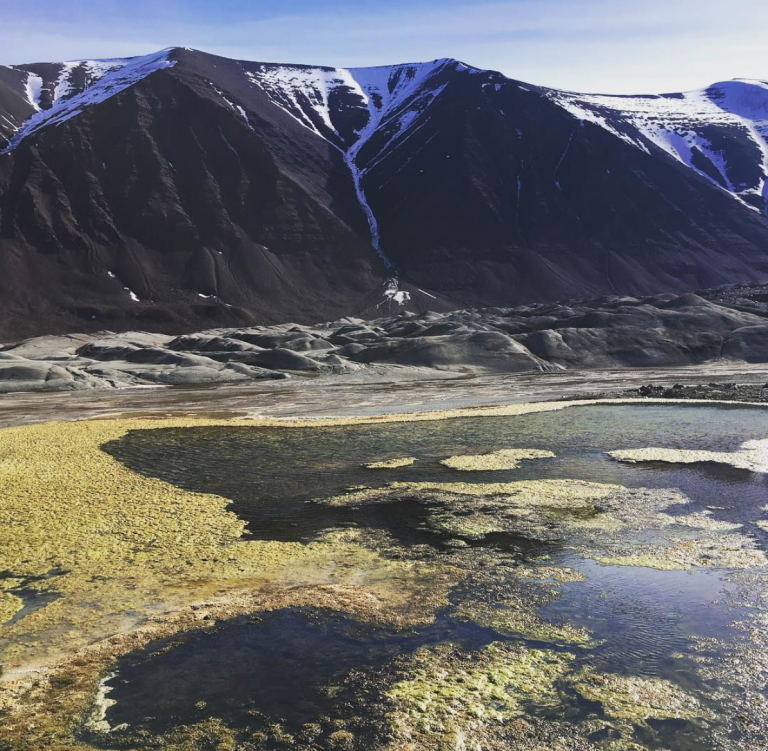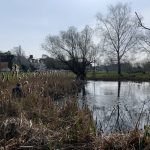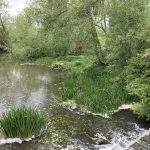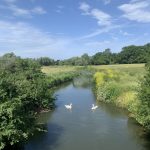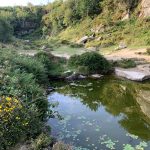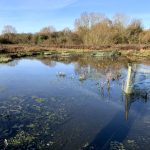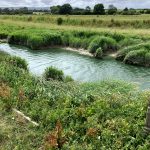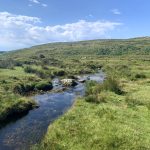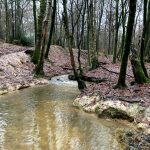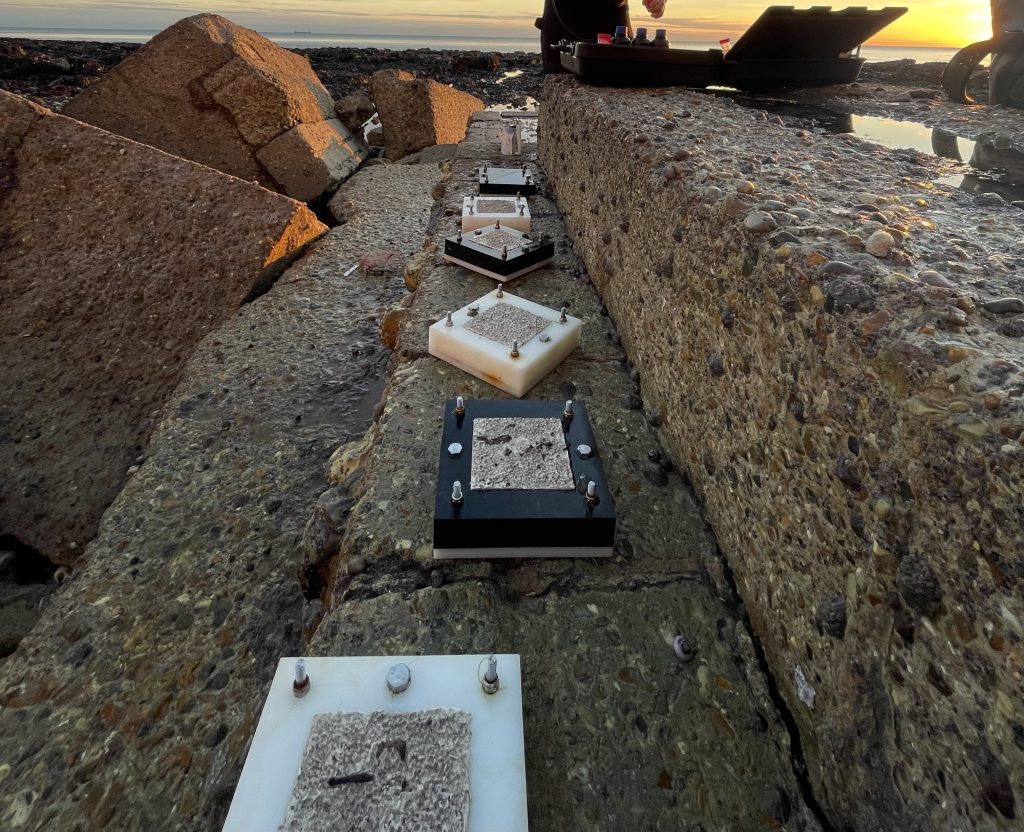
HotMess, 2023-
Lead by Ramesh Wilson, this project aims to disentangle the individual and combined effects of global warming and nutrient pollution on rocky shore intertidal communities. Taking inspiration from this paper, we are installing passively-warmed settlement plates in areas with and without nutrient pollution across the globe. This will allow us to explore biogeographic context-dependencies on community composition when exposed to these stressors. HotMess is currently running a successful trial in the UK, with the next set of 9 sites across the Southern Hemisphere to be installed in April-May 2023. Further pads shall be installed globally throughout the year, and shall total at least 25 sites, with representation on all 7 continents. This will ultimately form the first coordinated, global study on multiple stressor intertidal ecology. We are actively looking for more collaborators to repeat out experiment. Please get in touch if you are interested
Pathways of chemicals into freshwaters and their ecological impacts, 2022-2026
The wide use of chemicals throughout society has led to increasing concentrations and chemodiversity in the environment. Whilst there has been focus on understanding the impacts of chemicals on a subset of freshwater biodiversity, we understand less about how chemical pollution impacts freshwater microbes. These microbial communities number in the millions to billions of cells per millilitre of water or gram of sediment and form the most biodiverse and functionally important component of freshwater ecosystems. Here, we will focus on understanding the link between sources of anthropogenic chemicals and their pathways, fate and ecological impacts in freshwater ecosystems, with an emphasis on freshwater microbial ecosystems and the functions they perform. We are working with collaborators at UKCEH (Lead PI Dan Read), The University of Bath (Co-Pi Barbara Kasprzyk-Hordern), and the Environment Agency (Co-Pi Kerry Walsh). At Oxford, our role is to determine how the multiple chemicals associated with sewage pollution interact with warming to alter microbial communities and the wider food web using mesocosm experiments. This project is funded by NERC in the Freshwater Quality Programme and at Oxford involves Dr Sam Macaulay, Buntu Fanteso, and Dr Phil Sanders.
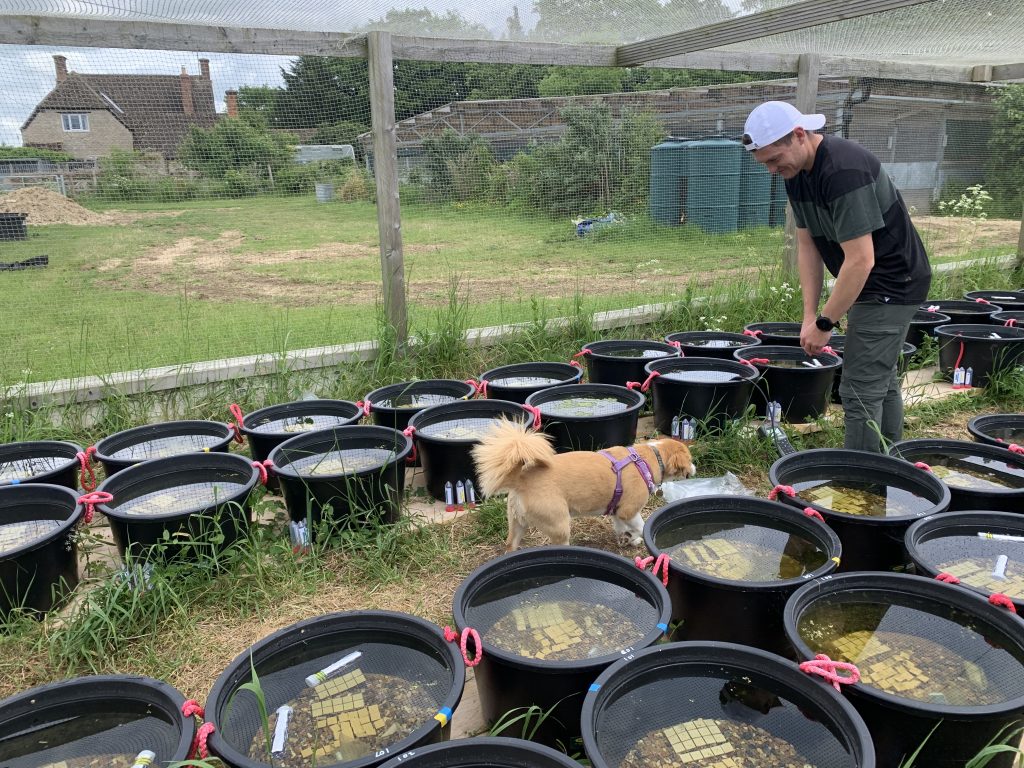
Temporal dynamics of multiple stressors, 2021-2024
This NERC funded project will determine how the sequence of stressor events alters their cumulative effects on freshwater ecosystems. Using 128 experimental mesocosms at the John Krebs Field Station we are quantifying how the order of nutrient and chemical pulses affects biofilm, plankton communities, and ecosystem processes such as decomposition and productivity. Our lab is very interested in developing rapid methods to monitor ecosystem responses to change and, therefore, in this project we are using a number of high-throughput methods including a FlowCam for characterising the plankton community. We also use BenthoTorch for real-time measurement of benthic algal concentrations. As part of her PhD Adriana Mordente will explore genomics tools for further characterising the biofilm communities in collaboration with Dr Sarah Knowles. As part of this project, the lead postdoc Dr James Orr is using historical data and future projections for climate and land use change to make predictions about how freshwater invertebrate communities will shift in the future. This is in collaboration with Dr Jocelyne Hughes, Prof Paul Whitehead, and Dr Rob Salguero-Gómez.
Freshwater ecosystems in Antarctica, 2020-
In collaboration with Dr Tom Hart and Penguin Watch, we are setting up a long term project to monitor the regions overlooked freshwater habitats. Climate change is rapidly accelerating ice sheet collapse and glacial retreat and while the consequence of this for the world’s climate and sea levels has been widely investigated, little attention has been given to the novel ecosystems that melting ice will create. We are exploring planktonic communities in existing and novel freshwater ecosystems with annual samples from a range of sites opportunistically collected by the Penguin Watch team. Also with Tom, we will investigate penguin mediated subsidies to freshwater food webs, and how this is shifting as penguin populations change with warming and over-fishing stressors
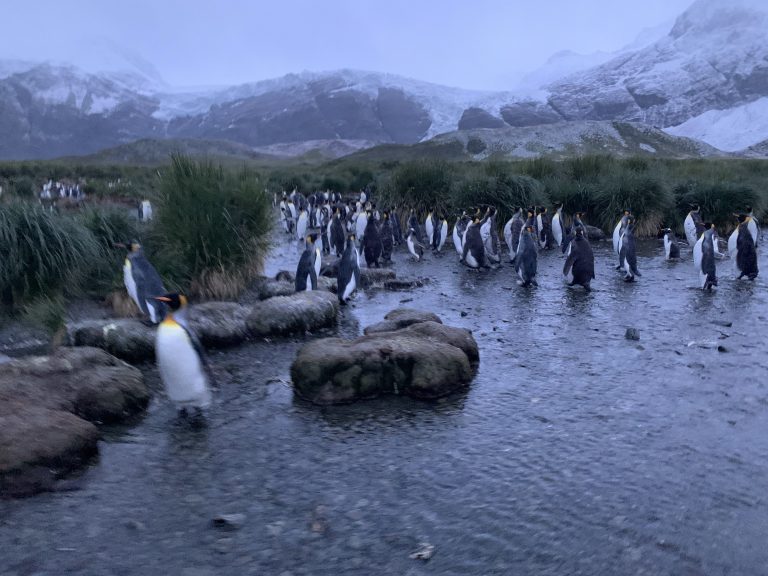
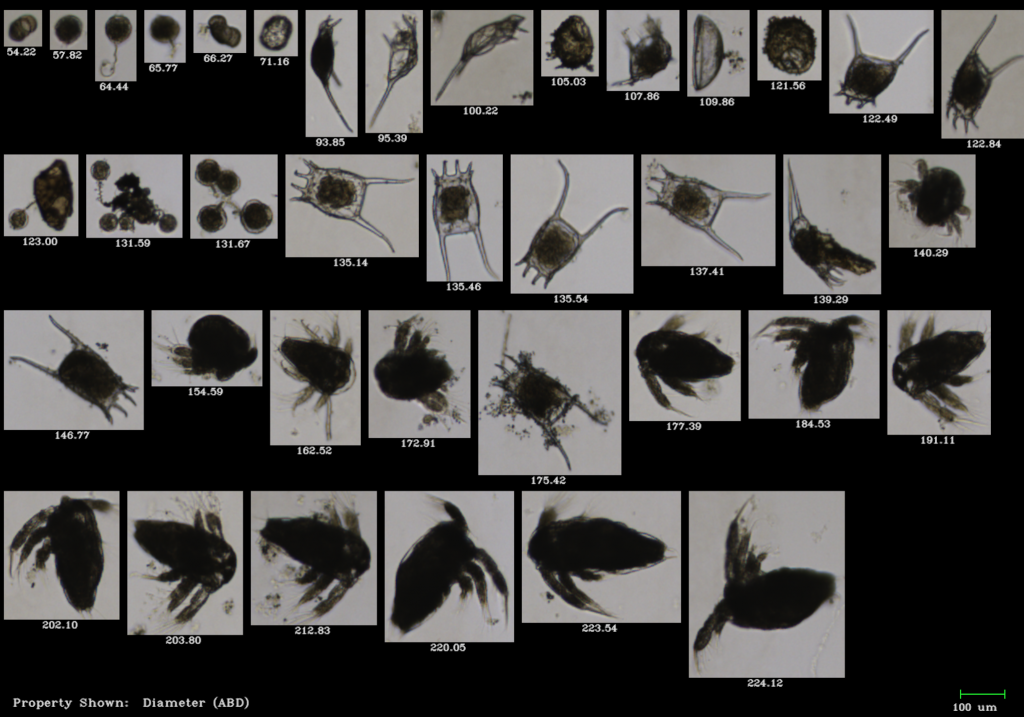
CO2 storage in and beneath our shelf seas: potential, incentives, and regulation, 2023-2024
Working closely with The Department of Earth Sciences at Oxford as part of the AGILE initiative, we are investigating the risks and potential for CO2 storage in the North Sea. In our lab, Dr Dania Albini will assess how leakage from carbon storage beneath the seabed might interact with warming seas to disrupt the ‘blue carbon’ currently stored in the ecosystem, with a focus on plankton. This is a NERC funded project.
Changing rivers, 2019-
Using field surveys we quantify the effects of anthropogenic stressors (such as warming, invasion, and sewage pollution) on river communities. For instance, we have a project (led by Adriana Mordente) to quantify the effects of warming on biofilm in the UK. In collaboration with the British Antarctic Survey, this involves artificially heating the river bed and measuring how warming alters the colonisation of algae. We are also starting a project (led by Buntu Fanteso) on land use impacts across latitudinal gradients in South Africa. Here, we will work with Dr Tatenda Dalu (University of Mpumalanga) to assess how river food webs differ inside and outside of protected areas.
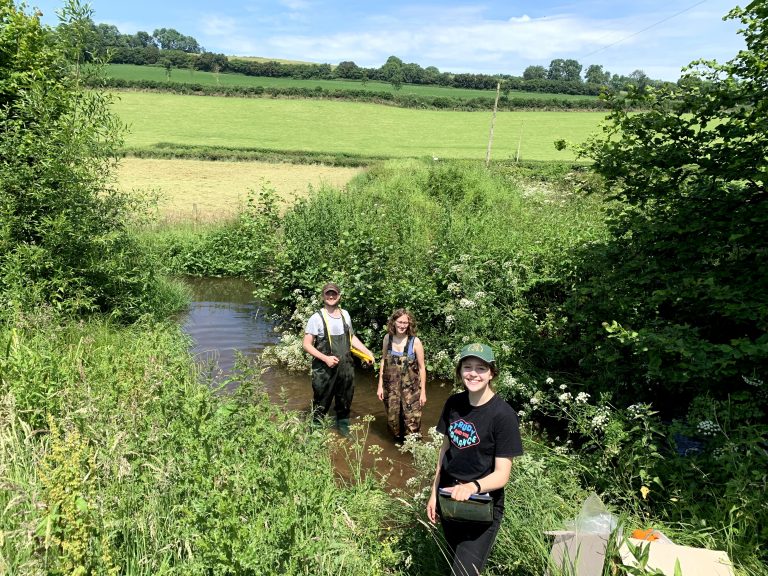
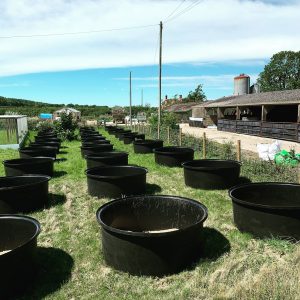
Oxford long-term mesocosm facility, 2020-
Our mesocosm facility was set-up in August 2020 at the John Krebs Field Station. We have 32 1000L ponds for the long-term study of anthropogenic stressor effects over multiple generations in semi-natural ecosystems. Our current experiment is investigating recovery from the natural drought in summer 2022. We always keen to hear from potential collaborators about working with us at this facility – please get in touch.
Ring of Fire, 2016-2022, funded by NERC and the JFF
Lead by Prof. Guy Woodward at Imperial College this NERC project aimed to investigate gene-to-ecosystem level responses of freshwater ecosystems to warming. The field component involved 5 regions forming a ring around the Arctic (Iceland, Svalbard, Greenland, Alaska, Russia) which all have 10+ streams spanning a large thermal gradient due to geothermal activity. We used this natural warming experiment to quantify how benthic invertebrate communities change with temperature, and how this relationship varies with biogeography. The experimental component of the project involves 96 large mesocosms at Silwood Park (Imperial College) which were heated for 4 years across a 8 degree warming gradient. With additional funding from the John Fell Fund, Dr Dania Albini characterised how plankton communities respond using our FlowCam. Watch this space for publications from this project!
